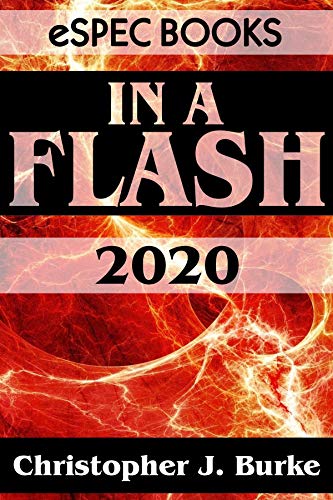The "Sport of Kings", as it once was known, is accessible to all, young and old. And to math teachers. Seriously, there are nineteen horses in the race, numbered 1 to 20 (skipping number 11, which was scratched), and people place bets not only on which horse will come in first, but on which will come in second and third as well!
Sounds like a permutation problem to me!
Disclaimer: Gambling has its risks. There are no sure bets. Winners of horse races are not random numbers of equal probability. Bet with your head, not over it. Four score and seven years ago, yabba dabba doo, m-o-u-s-e.
When you place a bet on a horse to win, you put down your $2.00. Let's say that you want to "Dance With Fate" and you bet on the horse of the same name. (This is not unusual. People bet on horses because of names without any regard to the background and track record of the horse in question. Fools and their money?) As of this writing, Dance With Fate has odds of 14-1. That means that should he win, you'll be paid $28 plus your original $2.00, give or take. (Betting is parimutuel, meaning it depends on all the money bet in the race, and the odds shown are rounded.)
So your $2 bet gets you $30, which is nice, but it will barely buy you dinner, or, for that matter, pay for the snacks and beverages you probably consumed while waiting for the race. (Granted, you would've had to pay for them anyway.) If you want a bigger payout, you have to risk a larger amount, or take a riskier bet.
The next bet is to pick the exacta where you pick the horses which will finish first and second, in that order. You want to have it both ways? Sure, you can: just make two bets! That's allowed. But, first, let's look at this one bet. How many possible exacta bets are there? There are 19 horses which could theoretically win the race (despite what the experts will say about some of them). That means that there are 18 remaining who can place (i.e., come in second). Applying the Counting Principle, we find that there are 19 X 18 = 342 possible outcomes for first and second.
As previously stated, you can make multiple bets, put at $2 per shot, it'll get a little pricey. No one's planning on $2 x 342 = $684 on betting slips (I hope). However, there is one thing you can do to improve your payout: "wheel" your bet. If you are planning on putting money on one particular horse to win, you can play the exacta with each of the other 18 horses. At $2 apiece, you'll bet $36, but the combination of payouts (and I won't even pretend to be able to explain how its calculated) will likely (but not definitely) be higher than if you bet the entire $36 on your horse to win. But, again, if your "winning" horse fails to win, you get nothing.
Trifecta, Anyone?
Finally, there's the trifecta: picking horses to win, place and show (i.e., third place, obviously). How many possible permutations are there? Glad you asked!
It's 19 X 18 X 17 = 5,814 for all of them, or 1 X 18 X 17 = 306, of you're sure that your horse is a winner. Hint: that's not a good bet to make, even if you're playing for buttons or jellybeans with your friends.
Let's narrow it down. Suppose you pick any four of the nineteen horses. How many bets do you have to make to cover every permutation of horses coming in first, second and third?
It's 4! = 4 X 3 X 2 X 1, which the odd horse finishing out of the money. That's $48 for a $2 bet. Remember: I'm not commenting about the viability of the bets; I'm just talking about the math.
Handicapping Today's Derby Race
Okay, so you read the sports pages, saw what the experts had to say, checked all the stats for the past year, and looked into the parentage of each of the participants. (No, you didn't, but let's say you did.)
Which horses do we bet on? That's easy!
Pick your kids' ages or birthdays and your lucky number. Wheel them and make a bet. Enjoy the race and a cool drink as you kiss your money good-bye.
That's what I'd do, but I won't because they closed the OTBs around here.

















No comments:
Post a Comment